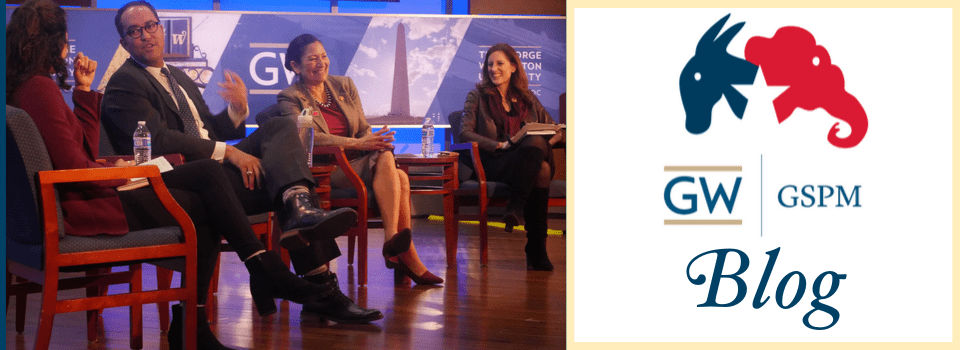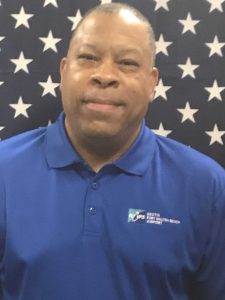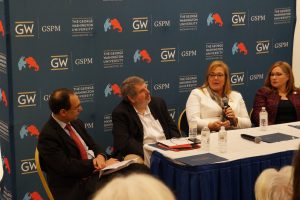Dixon McReynolds III did more than choose a life of service; he was born into it. His father was a member of the Army and his grandmother was a minister who Dixon said, “Always preached to me to do something for others. I should always be able to extend myself to others and be of service.”
His first mission was to take care of his brother, who was born with spina bifida. “He wasn’t supposed to live past age two but he ended up living to the age of 21,” Dixon said. “It got really difficult for him to get around and it got to the point where he was bed ridden. It was my job to get up at night and help him get settled. That started me on my path to caregiving and public service.”
From there, Dixon joined the Air Force as a personal affairs supervisor focusing on casualty assistance. “I notified families of death. It was very intense, but I came to find out that it was a very important job. Not only did you notify the family that a loved one was gone but you also case managed them for a year. You could see them at their worst time… and help them start the healing process,” he said. After 21 years in the military, Dixon went in search of the next way to give back.
Returning to his home base in Seattle, Washington, Dixon began working with the local homeless population and became a program manager for the Washington State Department of Veteran’s Affairs, running five programs for homeless vets.
From there, he looked for ways to get more involved in politics. “I think I’ve always been politically aware. Coming to GW was a breath of fresh air for me because I got to meet a lot of people that felt like I did,” he said. “After orientation I came to the conclusion that I made the right decision.” During his time at GSPM, Dixon worked for Washington Sen. Patty Murray (D) and the Senate Veteran’s Affairs Committee. His résumé–and a GW connection–helped land him the job. “I went to the interview and the lady who interviewed me said ‘When can you start?’ and I said ‘That’s it?’ and she said ‘I gotta be honest with you and I’m also a GW grad. I saw your resume and it was impressive,” he recalled.
Later, that same contact suggested he apply for a Presidential Management Fellowship, which he did. After a grueling interview process, he was selected to serve as a fellow in the Department of Housing and Urban Development. Now Dixon is pursuing a Ph.D. in Human Services and Social Work focusing on military families at Walden University and is hoping to impact the next generation of political leaders and public servants.





